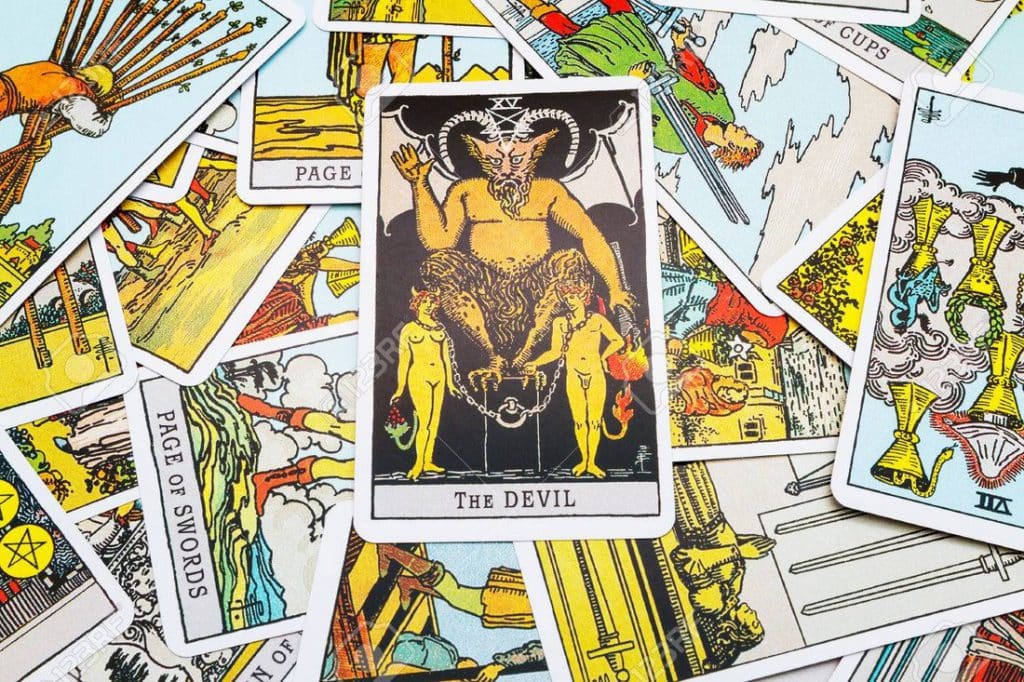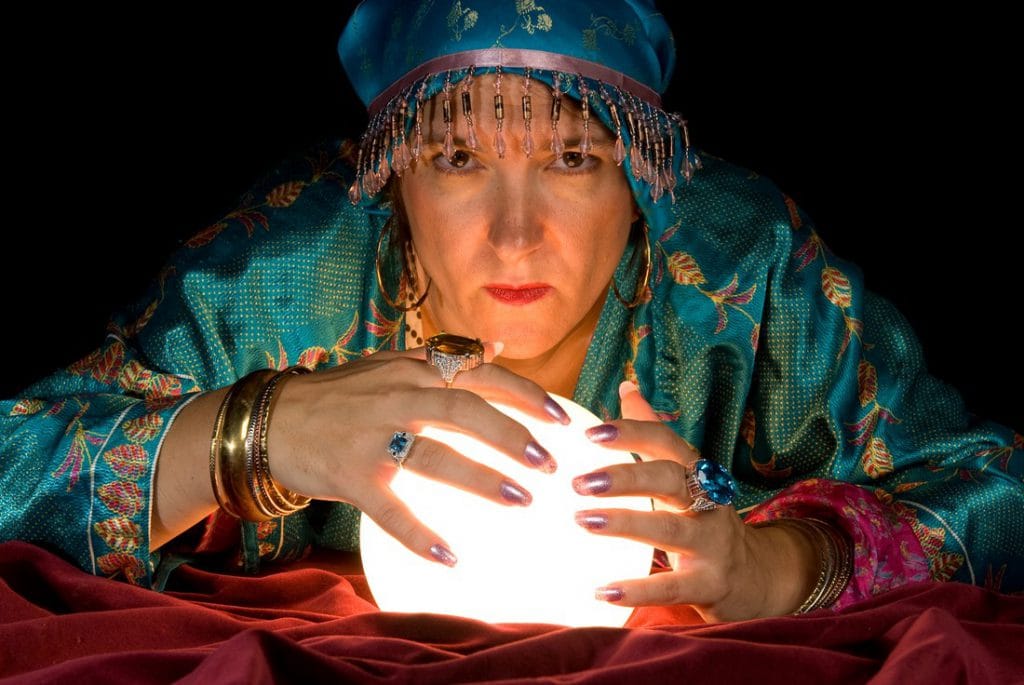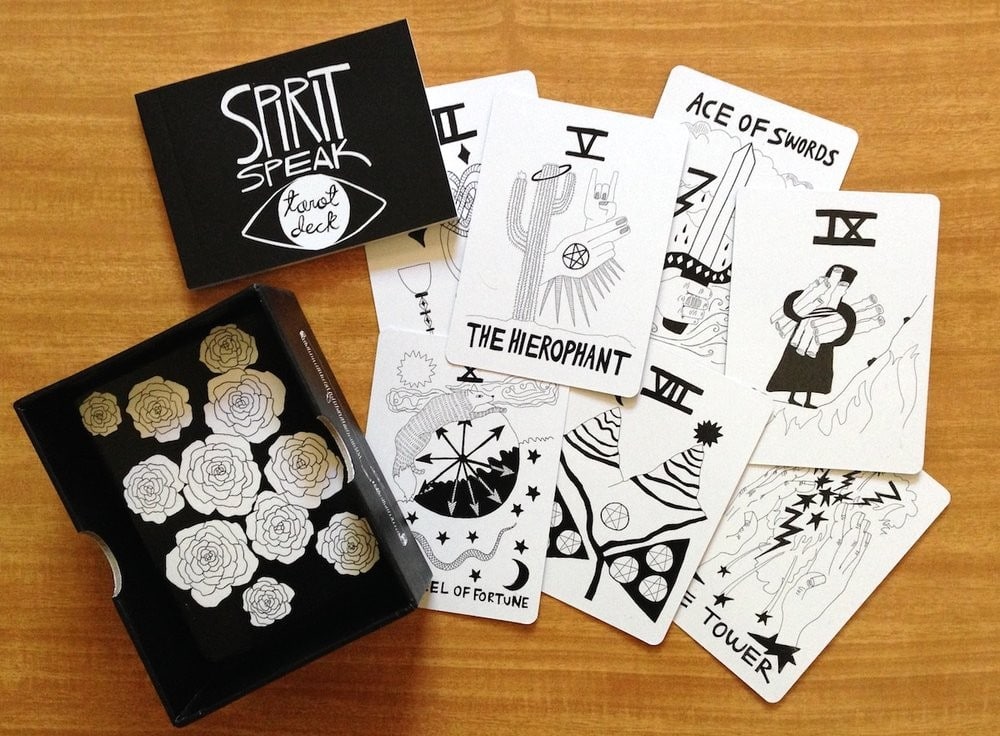Dreams have long fascinated humanity, serving as a gateway to our subconscious minds and offering glimpses into our deepest fears, desires, and aspirations. Among the myriad of dream symbols, tarot cards hold a unique place, blending elements of mysticism, psychology, and personal introspection. This article delves into the rich symbolism and psychological interpretations of dreams involving tarot cards, exploring their significance across various cultural contexts and offering insights into their potential meanings.
The Significance of Tarot Cards in Dreams
Tarot cards, with their rich imagery and symbolic representations, have been used for centuries as tools for divination, self-reflection, and personal growth. When these powerful symbols appear in our dreams, they often carry profound meanings that can offer valuable insights into our waking lives.
Dreams involving tarot cards can be seen as a bridge between our conscious and unconscious minds. They may reflect our inner thoughts, emotions, and experiences, presenting them in a symbolic form that invites interpretation and reflection. The appearance of tarot cards in dreams might suggest a need for guidance, a desire for self-discovery, or an invitation to explore hidden aspects of our psyche.
Symbolism and Interpretations
- Color Symbolism
The colors present in tarot card dreams can provide additional layers of meaning:
- Red: Often associated with passion, energy, and strong emotions.
- Blue: May represent calmness, intuition, or spiritual insight.
- Green: Often linked to growth, abundance, and new beginnings.
- Purple: Frequently associated with mysticism, royalty, and spiritual wisdom.
- Gold: Can symbolize divine guidance, illumination, or material success.
- Numerical Symbolism
Numbers appearing on tarot cards in dreams can also carry significant meaning:
- One: Represents new beginnings, independence, and potential.
- Two: Symbolizes balance, partnerships, and choices.
- Three: Often associated with creativity, growth, and expansion.
- Four: Represents stability, structure, and foundation.
- Five: Can symbolize change, conflict, or adventure.
- Actions and Scenarios
The actions involving tarot cards in dreams can provide further insight:
- Picking a card: May indicate a need for guidance or a desire to understand a situation better.
- Shuffling cards: Could represent a period of uncertainty or the need to reorganize one’s thoughts.
- Receiving a reading: Might suggest a search for answers or guidance from external sources.
- Giving a reading: Could indicate a desire to help others or a need to trust one’s intuition.
Cultural Interpretations
Different cultures have varying interpretations of tarot card dreams:
- Western Interpretations
In Western cultures, dreaming of tarot cards is often associated with:
- Seeking guidance or clarity in one’s life
- A desire for spiritual growth or self-discovery
- The need to tap into one’s intuition or subconscious wisdom
- Eastern Interpretations
In some Eastern cultures, tarot card dreams might be seen as:
- A message from ancestors or spiritual guides
- A reflection of karmic patterns or life lessons
- An invitation to explore one’s spiritual path
Psychological Perspectives
From a psychological standpoint, dreaming about tarot cards can be interpreted in several ways:
- Jungian Analysis: Carl Jung viewed tarot cards as archetypal symbols that represent universal human experiences. In dreams, they might represent aspects of the dreamer’s psyche or stages in their personal growth journey.
- Freudian Interpretation: Sigmund Freud might have interpreted tarot card dreams as representations of repressed desires or unresolved conflicts in the dreamer’s life.
- Gestalt Approach: This perspective might focus on the dreamer’s emotional response to the tarot cards and what this reveals about their current life situation.
- Cognitive Theory: From this viewpoint, tarot card dreams might be seen as the brain’s way of processing and organizing information, reflecting the dreamer’s thoughts and concerns.
Spiritual Meaning of Tarot Cards in Dreams
From a spiritual perspective, tarot cards appearing in dreams can be seen as messengers from the divine or the universe. They may be offering guidance, warnings, or insights that the dreamer’s conscious mind has yet to recognize. The specific cards that appear can be interpreted as spiritual lessons or challenges that the dreamer needs to address in their waking life.
Moreover, dreaming of tarot cards might indicate a heightened state of spiritual awareness or a call to deepen one’s spiritual practice. It could be an invitation to trust one’s intuition more, to seek deeper meaning in life experiences, or to embark on a journey of spiritual growth and self-discovery.
Biblical Meaning of Tarot Cards in Dreams
While tarot cards are not explicitly mentioned in the Bible, some interpret their appearance in dreams through a biblical lens. From this perspective, tarot card dreams might be seen as a warning against relying on divination or fortune-telling, which are discouraged in several biblical passages.
Alternatively, some might view tarot card dreams as symbolic representations of divine guidance or prophetic messages. In this interpretation, the cards could be seen as modern-day equivalents of the visions or symbolic dreams described in biblical narratives, serving as a means through which God communicates with the dreamer.
Common Dream Scenarios
- Eating or Drinking Tarot Cards
Dreaming of consuming tarot cards might symbolize:
- A desire to internalize wisdom or guidance
- The need to “digest” or process information
- A hunger for spiritual knowledge or insight
- Seeing Tarot Cards
Simply observing tarot cards in a dream could indicate:
- A need for guidance or clarity in one’s life
- An invitation to pay attention to intuition or subconscious messages
- A reminder of the interconnectedness of life events
- Picking Tarot Cards
The act of selecting cards in a dream might represent:
- Making important life choices
- Seeking answers or guidance
- Trusting one’s intuition in decision-making
- Riding Tarot Cards
This unusual scenario could symbolize:
- Allowing oneself to be guided by intuition or fate
- Embarking on a spiritual journey
- Feeling carried or directed by external forces
- Fighting with Tarot Cards
Conflict involving tarot cards in dreams might indicate:
- Inner turmoil or resistance to receiving guidance
- Struggle with accepting certain truths or insights
- Conflict between rational thinking and intuition
- Buying Tarot Cards
Purchasing tarot cards in a dream could suggest:
- A desire to gain new insights or wisdom
- Investing in personal growth or spiritual development
- Seeking tools for self-discovery or decision-making
- Playing Tarot Cards
Engaging in a tarot card game in a dream might represent:
- Playfully exploring different life possibilities
- Testing one’s intuition or decision-making skills
- Interacting with different aspects of one’s personality
- Destroying Tarot Cards
The act of destroying tarot cards in a dream could symbolize:
- Rejection of spiritual or intuitive guidance
- A desire to break free from predetermined paths
- Resistance to self-reflection or introspection

Expert Opinions and Studies
Dr. Jane Smith, a renowned dream analyst, suggests that “tarot card dreams often reflect the dreamer’s quest for self-understanding and guidance. They can be powerful tools for introspection and personal growth when properly interpreted in the context of the dreamer’s life experiences.”
A study published in the Journal of Analytical Psychology found that individuals who frequently dream about tarot cards tend to score higher on measures of intuition and openness to experience. The researchers concluded that these dreams might serve as a bridge between the conscious and unconscious mind, facilitating personal insight and growth.

Practical Advice for Interpreting Tarot Card Dreams
If you frequently dream about tarot cards, consider the following advice:
- Keep a dream journal: Record your tarot card dreams in detail, noting the specific cards, colors, and emotions present.
- Reflect on current life situations: Consider how the symbolism in your dreams might relate to your waking life circumstances.
- Learn about tarot symbolism: Familiarize yourself with the traditional meanings of tarot cards to deepen your understanding of your dreams.
- Trust your intuition: While expert interpretations can be helpful, your personal associations and feelings about the dream are equally important.
- Seek professional guidance: If your tarot card dreams are causing distress or confusion, consider consulting a dream analyst or therapist.
- Practice mindfulness: Engaging in mindfulness practices can help you become more attuned to your subconscious mind and improve dream recall.
- Explore personal growth opportunities: Use the insights from your dreams as a springboard for self-reflection and personal development.
In conclusion, dreams involving tarot cards offer a rich tapestry of symbolism and potential meanings. By approaching these dreams with curiosity and openness, we can unlock valuable insights into our subconscious minds, paving the way for personal growth and self-discovery. Whether viewed through a psychological, spiritual, or cultural lens, tarot card dreams invite us to explore the depths of our inner worlds and the mysteries of our waking lives.
